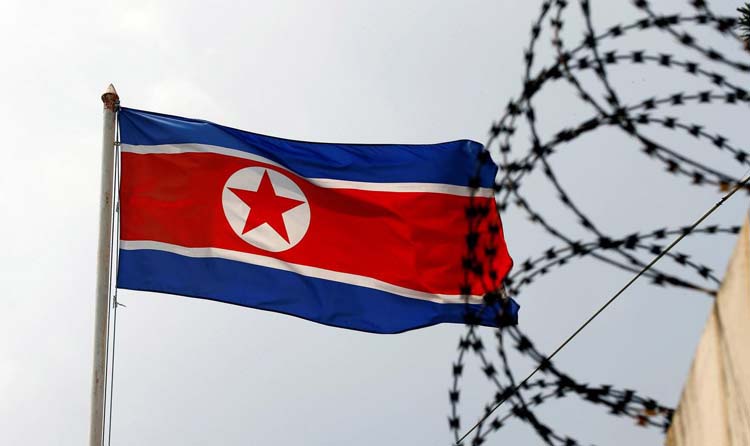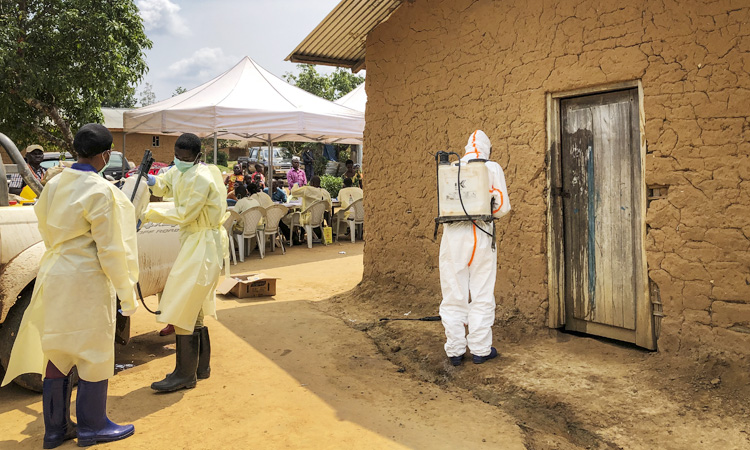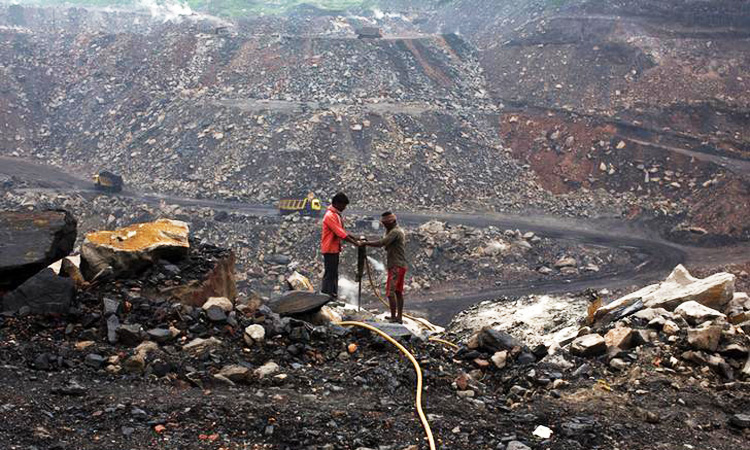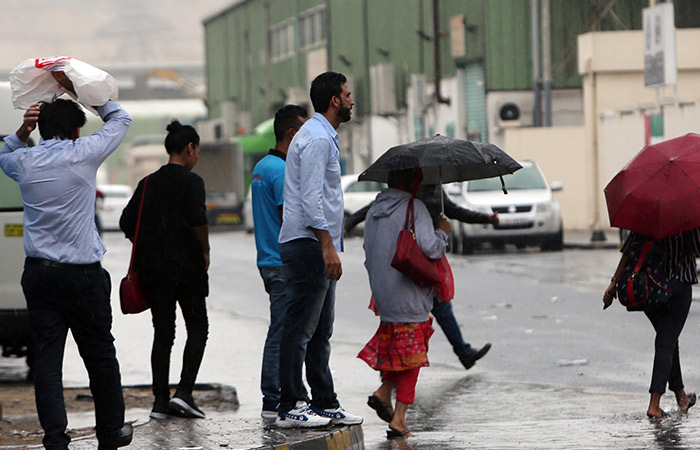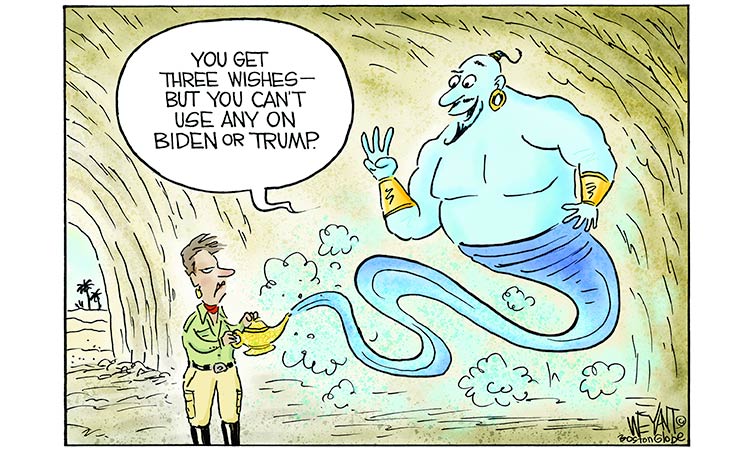Officially recognising burnout isn’t enough

The photo has been used for illustrative purposes.
David Frayne, The Independent
A couple of years ago, I attended a string of workplace wellness classes designed to help employees at my university cope with “burnout”. The classes had names like “Mindfulness for Resilience” and “How to be a Productivity Ninja”, but questionable titles were not the only thing they had in common.
Whether I was being sold meditation, exercise, gratitude or scheduling, the underlying message was always the same: the remedy for work stress is better self-management. What is more, the resulting boost in morale is always a “win-win” for the workers and organisations because happier workers are more productive.
Last week, the World Health Organisation (WHO) announced plans to add a more detailed definition of burnout to the 11th edition of its International Classification of Diseases (ICD-11). They suggest that burnout has several key symptoms, including exhaustion, “mental distance” at work, “negativism and cynicism” in relation to one’s job, and “reduced professional efficacy”. At the broadest level, burnout is defined as “chronic workplace stress that has not been successfully managed”.
Reading this definition and remembering the soothing voices of my wellness gurus, a significant question looms: if burnout results from stress “not successfully managed”, then who is ultimately responsible for doing this managing? Is it workers, employers, or the state?
If the answer is once again the workers, then the WHO’s intervention on burnout will not accomplish much. It will only fuel what the German author Erich Fromm called the adaptive view of health, which simply puts more pressure on individuals to contort themselves around a sick system.
The WHO’s recognition of burnout represents an opportune moment to take the discussion in a different direction – one that is less comfortable and perhaps more disruptive. As Ivor Southwood, a critic of work, has put it: what cosy conversations about the “win-win” for workers and employers have overlooked is the strong economic case for mental illness. How can we begin to contend with today’s epidemic levels of work stress without acknowledging that many workplaces have been designed specifically to push workers beyond healthy thresholds?
Sometimes the pushing is subtle, accomplished through messages about “doing what you love”, or being part of the company family. In other workplaces the pushing is more direct, achieved through technologies that allow workers to be scheduled and monitored to an unprecedented degree.
Rarely a month now goes by without a troubling new testimony from an Amazon worker, pushed to the brink by a labour process that has been ruthlessly optimised, allowing workers no slack or downtime. The 2016 documentary, Machines, focussing on a sweatshop in India, showed this ruthless efficiency at its unregulated extreme: the haunting image of a worker who continues to feed fabric from one machine to another, whilst apparently asleep.
Ultimately, solving the problem of burnout will mean admitting when there are conflicts of interest between workers and employers. We should not be duped by the suggestion that the economic concerns for efficiency and profit can always be dovetailed with health and well-being.
Instead of seeing them as symptoms to be cured, the “negativism and cynicism” that the WHO has listed as pathologies might actually be seen as our best hope. What if worker negativity represents the last shred of sanity in a mad system? Not only are negativity and cynicism a normal response to adversity, they are also some of the main ways that people salvage a sense of dignity and agency in jobs with low autonomy.
Instead of medicalising and curing our negativity, perhaps we should instead think about how to harness it to demand a cap on efficiency, more flexible hours, or even a shorter national working week.
In a world where illnesses only become “official” once they have been classified by medical professionals, the WHO’s recognition of burnout is of course something to be celebrated. It gives suffering workers a greater opportunity to be taken seriously, and presents a fresh chance to discuss our work-related troubles. We just need to decide what sort of discussion we want to have.
